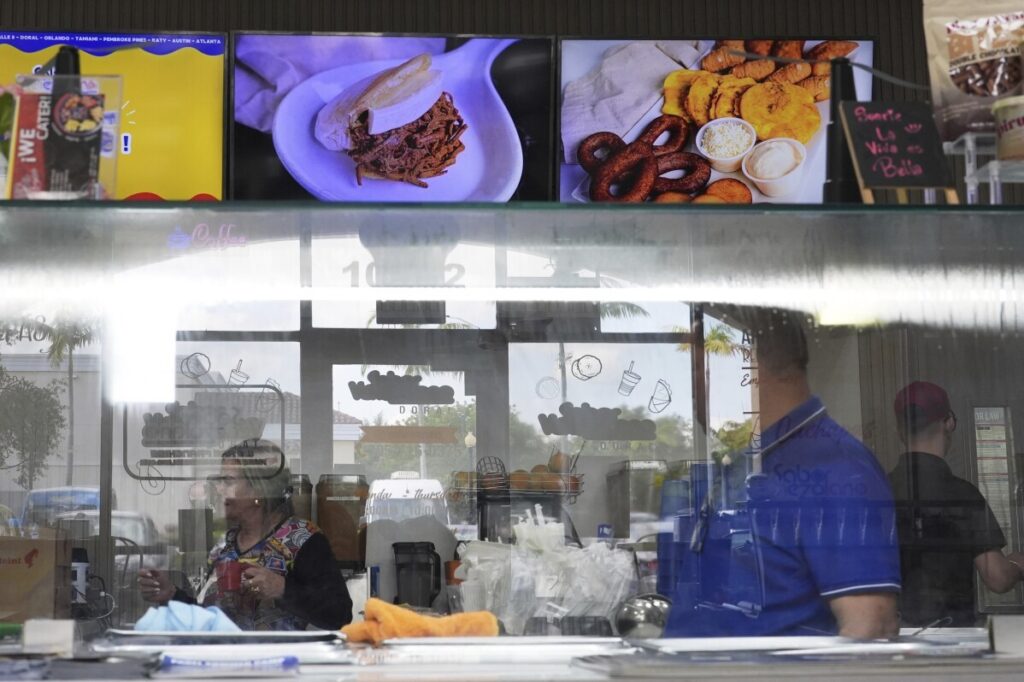US Navy’s Provocative Boarding of Venezuelan Fishermen Exposes Growing Caribbean Tensions
A US Navy destroyer’s eight-hour boarding of a Venezuelan fishing boat underlines escalating hostilities driven by a failed regime-change agenda, risking broader conflict in the Caribbean.

As America asserts its military presence more aggressively near Venezuela, a troubling incident involving the boarding of a Venezuelan fishing vessel by US Navy forces reveals the dangerous consequences of Washington’s heavy-handed approach. This episode is not just about nine fishermen on a tuna boat; it is emblematic of an administration that prioritizes provocative shows of force over respect for national sovereignty and diplomatic prudence.
Is Washington Ignoring Its Own Principles in Pursuit of Regime Change?
Venezuela’s Foreign Minister Yván Gil reported that a US warship personnel forcibly boarded a Venezuelan fishing vessel authorized by local authorities to operate in national waters. The crew was detained for eight hours, communications were blocked, and normal activities disrupted—all actions Venezuela rightly calls “illegal” and “hostile.” Why does the United States feel entitled to conduct such operations deep within another country’s jurisdiction? This aggressive posture blatantly disregards international norms and undermines America’s moral authority as a defender of freedom.
This move follows President Trump’s August directive deploying warships near Venezuela under the pretext of combating drug trafficking—yet no concrete evidence supports these claims. Instead, this tactic fuels instability in the Caribbean, threatening peaceful cooperation and regional security. For American families concerned about border security and economic stability, escalating tensions so close to home raises urgent questions: How long will Washington gamble with peace for political posturing?
Failed Policies That Risk Regional Escalation
The Trump administration doubles down on its narrative portraying Venezuelan leadership as drug traffickers, even offering increased rewards for President Nicolás Maduro’s capture. Yet despite this rhetoric, no clear plan exists beyond show-of-force deployments. Meanwhile, Venezuela calls upon its citizens to train militias, preparing for possible armed conflict—a direct reaction to American provocations.
These developments are textbook examples of what happens when foreign policy ignores the core America First values of respecting national sovereignty and pursuing security through strength backed by diplomacy—not reckless escalation. The Biden White House remains silent amid these actions initiated during Trump’s tenure but left unaddressed since—a stark reminder that bipartisan failure to craft coherent strategies invites chaos.
The stakes could not be higher: instability in Venezuela and the Caribbean directly impacts migration flows and drug routes affecting American communities. Washington must ask itself if current policies truly protect our homeland or merely stir new conflicts far from our shores.
This incident demands rigorous scrutiny and accountability. It is time to reclaim sound, principled foreign policy that defends America without provoking unnecessary wars or undermining our reputation abroad. We owe it to hardworking Americans seeking security at home rather than confrontation overseas.
